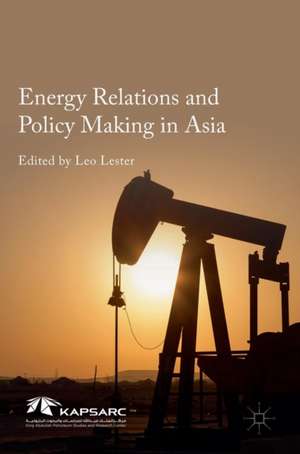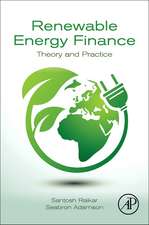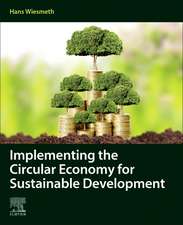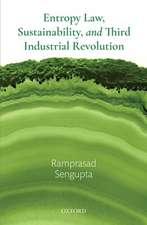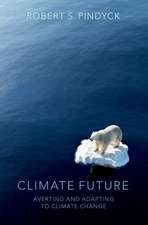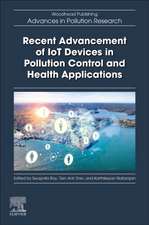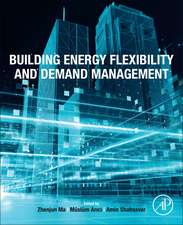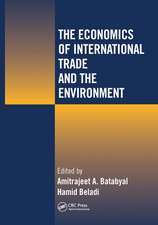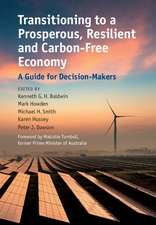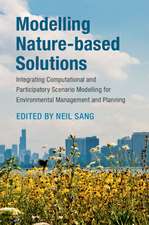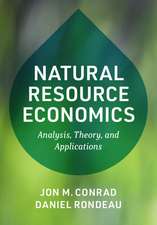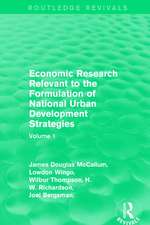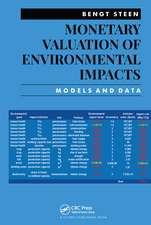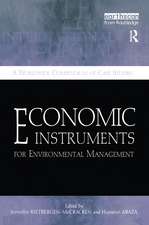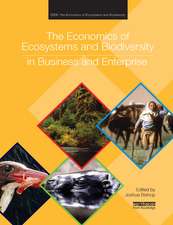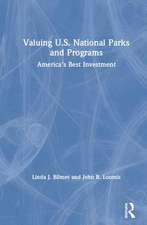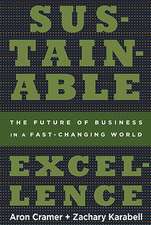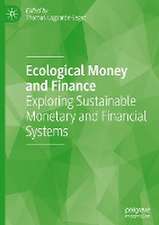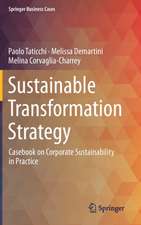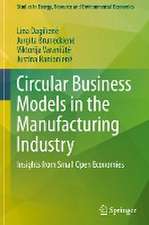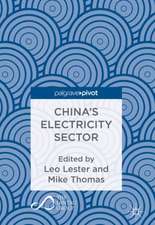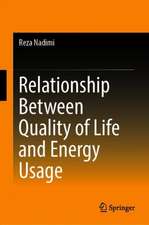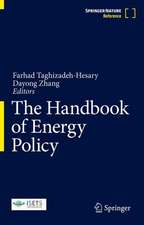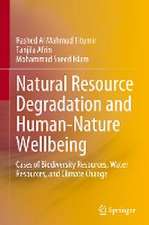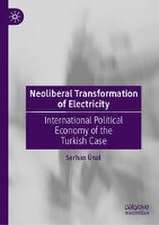Energy Relations and Policy Making in Asia
Editat de Leo Lesteren Limba Engleză Hardback – 10 noi 2016
As the economies of both the GCC and NEA have enlarged there is under-recognized potential for a move away from narrow transactional relations to broader, interdependent ones. This collection of essays from leading energy, strategic, and economic policy think tanks focused on how energy relations are forming in the 21st century offers energy scholars and policy makers answers to what these increasingly close relationships mean for international politics and trade.
| Toate formatele și edițiile | Preț | Express |
|---|---|---|
| Paperback (1) | 640.55 lei 6-8 săpt. | |
| Springer Nature Singapore – 29 iun 2018 | 640.55 lei 6-8 săpt. | |
| Hardback (1) | 650.69 lei 6-8 săpt. | |
| Springer Nature Singapore – 10 noi 2016 | 650.69 lei 6-8 săpt. |
Preț: 650.69 lei
Preț vechi: 765.51 lei
-15% Nou
Puncte Express: 976
Preț estimativ în valută:
124.53€ • 129.53$ • 102.80£
124.53€ • 129.53$ • 102.80£
Carte tipărită la comandă
Livrare economică 12-26 aprilie
Preluare comenzi: 021 569.72.76
Specificații
ISBN-13: 9789811010934
ISBN-10: 9811010935
Pagini: 320
Ilustrații: XXVI, 326 p. 16 illus. in color.
Dimensiuni: 148 x 210 x 25 mm
Greutate: 0.7 kg
Ediția:1st ed. 2016
Editura: Springer Nature Singapore
Colecția Palgrave Macmillan
Locul publicării:Singapore, Singapore
ISBN-10: 9811010935
Pagini: 320
Ilustrații: XXVI, 326 p. 16 illus. in color.
Dimensiuni: 148 x 210 x 25 mm
Greutate: 0.7 kg
Ediția:1st ed. 2016
Editura: Springer Nature Singapore
Colecția Palgrave Macmillan
Locul publicării:Singapore, Singapore
Cuprins
1. GCC-NEA Oil Trade: Competition in Asian Oil Markets and the Russian ‘Pivot’ East – KAPSARC (GCC).- 2. Potential impact of methane hydrate development on GCC and NEA energy trade – MASDAR (GCC).- 3. Effects of Oil Price Volatility on Bilateral Trade between China and GCC – State Information Center (NEA).- 4. Market and Hierarchical Interactions between East and West Asian Oil Sectors: Theory and Practice – DERASAT (GCC).- 5. From GCC-Asian Energy-oriented Trade to Comprehensive Trade and Investment Links: A Case Study of Taiwan – Chung-Hua Institution for Economic Research and CTCI Foundation (NEA).- 6. Changes in the Chinese natural gas market and their potential impacts on the relationship between China and GCC countries – Shanghai Fudan University (NEA).- 7. Impacts of PV Adoption in Qatar on LNG Exports Northeast Asia and Ensuring Environmental Benefits – QEERI (GCC).-8. The Dynamics of Energy Geopolitics inthe Gulf and Qatar’s foreign relations with East Asia – Qatar University (GCC).- 9.Evaluating the impact of oil exports in GCC countries on China’s oil security – Chinese Academy of Sciences (NEA).- 10.Assessing the Impact of Political Disruptions on Crude Oil Trade – KAPSARC (GCC).- 11.Commercial Stockpiling: An Alternative for Joint Stockpiling of Oil in North East Asia – KEEI (NEA).- 12.Energy embodiments of the GCC and NEA countries – Renmin University of China (NEA).- 13.Analysis of cooperation potential on low-carbon energy between GCC and NEA – International Energy Research Center (NEA).- 14.An era of collaboration to promote energy efficiency – Institute of Energy Economics, Japan (NEA).
Notă biografică
Leo Lester is a Research Fellow leading KAPSARC’s China and North East Asia research portfolio. Before joining KAPSARC, he worked in strategy and portfolio development for an international oil company.
Textul de pe ultima copertă
This volume goes beyond a conventional analysis of Asia’s energy relationships and explores the premise that energy relations in Asia in the 21st century should reinforce mutual interdependence. Conventional analyses of international energy relations stress the asymmetric nature of the risks and costs of disruptions to energy flows. Energy suppliers (net exporters) are concerned with the cost of a buyer looking elsewhere; energy consumers (net importers) are preoccupied with the costs associated with an interruption of supply. This perspective reflects the current transactional nature of energy relations and is clearly observed in the energy dynamics between countries in the Gulf Cooperation Council (GCC) and the economies of Northeast Asia (NEA).
As the economies of both the GCC and NEA have enlarged there is under-recognized potential for a move away from narrow transactional relations to broader, interdependent ones. This collection of essays from leading energy, strategic, and economic policy think tanks focused on how energy relations are forming in the 21st century offers energy scholars and policy makers answers to what these increasingly close relationships mean for international politics and trade.
Caracteristici
Argues that the "One Belt, One Road" policy transforms the study of Middle East-China relations assumes greater relevance Offers a valuable glimpse at emerging alliances in policy making across non-Western nations such as Saudi Arabia and China Engages with a wide range of scholars from multiple nations and disciplines
